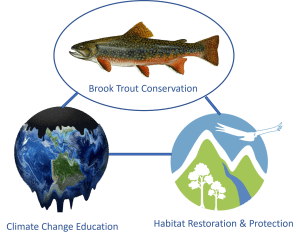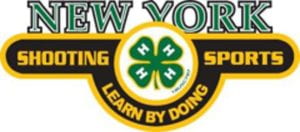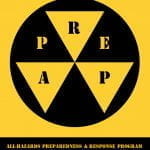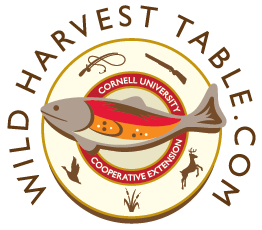Extension Programs
OneOp – Military Family Transitions
SPEAR4 is working under the auspices of the DoD – USDA Military Extension Partnership, wherein NIFA, the Department of Defense, and the Land-Grant University System partner to enhance military family and youth quality of life through extension educational programs and research. The purpose of the OneOp, (formerly the Military Families Learning Network (MFLN)) is to serve military family service professionals through engaged online communities which identify and make use of the highest quality best practices, research and evidence-based information, educational and curriculum materials, and programming activities and efforts. We provide free and open-access learning opportunities within a full spectrum of family service subject areas. SPEAR4 provides leadership for the Military Family Transitions concentration area within OneOp. Read more.
NY 4H Shooting Sports
Keith Tidball is the faculty liaison for the New York 4H Shooting Sports program. 4-H Shooting Sports is a comprehensive non-formal education, recreation, and competitive program focused on Positive Youth Development and Conservation Behaviors and Attitudes. 4-H Shooting Sports program utilizes the safe and responsible use of firearm and archery equipment to address youth social issues related to STEM, healthy living, environmental stewardship and conservation, and civic engagement. Read more.
All-Hazards Preparedness and Response Education Program
The All-Hazards Preparedness & Response Education Program is a Cornell Cooperative Extension Program housing disaster related initiatives and resources such as NY EDEN, AG Sentinel, and the CCE DART (Disaster All-hazards Response Team). Read more.
Wild Harvest Table
The Wild Harvest Table is at once a culinary resource for wild fish and game cooking and a an opportunity to study and influence citizen’s decision-making about procuring, preparing, and consuming wild fish and game. Read more.
Cold-Water Fisheries and Climate Change Extension Innovation Project

Climate change is an important and growing area of emphasis for CALS and Cooperative Extension, but climate change education efforts must be integrated into existing areas of inquiry and outreach. Aquatic environments and the fish that live within them are areas of intense scientific scrutiny and provide attractive and popular opportunities for extension education. Trout are among the most popular and sought-after fish by recreational anglers.
The Department of Natural Resources has vibrant and world-class fisheries research capacity, including renowned scientists, excellent facilities, and a high degree of academic productivity. Two field stations, one in the Adirondacks (Little Moose Field Station), and one on Oneida Lake (Cornell Biological Field Station at Shackleton Point) produce long-term ecological studies and state-of-the-art fisheries management recommendations for regional, state, and federal managers. Yet, historically, very little extension activity has been generated from this significant fisheries research capacity. Therefore, neither DNR or CALS has fully leveraged or experienced the fullest impact of the extension of this work to the citizens of New York. This lack of fisheries extension is magnified by the loss of the Sport-Fishing and Aquatic Resources Education Program (SAREP) in 2001. Current attention on climate change and the direct linkages between climate change and the health of cold-water fisheries presents a new and novel opportunity to reinvigorate fisheries extension in DNR via an innovative multi-pronged approach, led by the proposed Climate Change Education through Cold-Water Fisheries Extension Program and Team. Read more.
Outdoor Therapy for Ukrainian Combatants and Trauma Survivors

When war came to the Ukraine, SPEAR4 immediately sought out ways to share its resources with compatriots abroad and US Partners.
The following are resources we produced for this initiative:
- Intersection of Nature and Mental Health Transcript (Ukrainian)
- Ancient Medicine and the Sacred Hunting Hoop chapter translated into Ukrainian .




